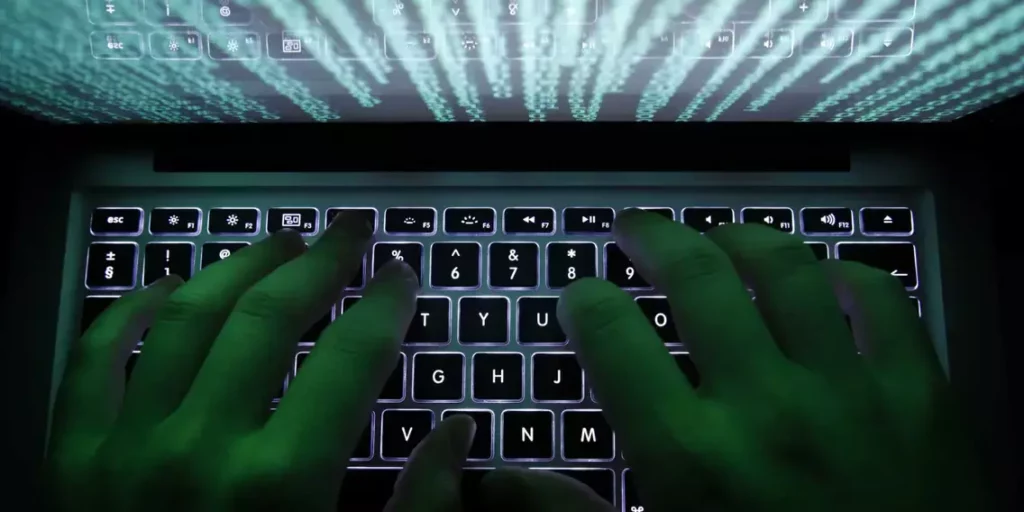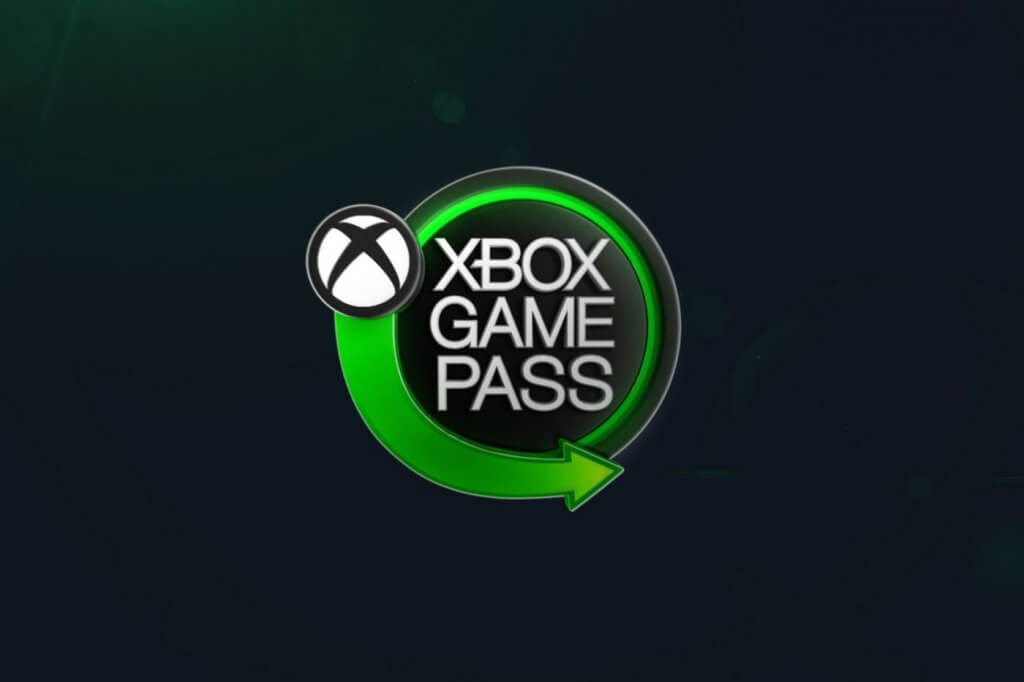In the era that we live in, it is deemed a digital age. Both in the personal and professional sphere of life, it has become an important tool. It has come with many added advantages like enabling to work efficiently, making communication better and easy, and it has come with endless information. When life is computer-driven, and you rely on the computer for the accomplishment of so many tasks, slowing down a computer is really frustrating and highly irritating—slowing down of computer brake down the speed of your work and impacts productivity.
In this article, I will try to go into the root causes that lead computer to slow down and what are the factors that What slows down a computer and explore potential solutions to these issues.
In This Article
1. Lack of Available Storage:
The most common reason for the slow down of a computer is the shortage of space. The moment you start to run out of space, your computer starts to slow down since it struggles to find room to accomplish the tasks.
In order to free up some space, delete the unnecessary files that are of no use anymore. You can even resort to deleting certain programs that are either of no use now or occupy too much space.
In spite of doing the above redressal, if you still run short of space, you may opt for buying and having an external hard drive to store the data and consider your computer’s internal storage.
2. Too Many Background Programs Running:
Many programs running at a time slow down the computer. There can be several programs and apps running simultaneously. Whenever you open your computer and work on a certain program, there are certain programs and applications that run in the background which you don’t know.
In order to fix this issue, use task manager on a windows computer and Activity monitor on a mac to identify the programs that occupy larger space and use excessive resources. You can close these programs that are using excessive amounts of resources.
Closing down all such programs will help to improve the working speed of your computer.
3. Out-Dated Hardware:
Another cause for the slowdown of your computer is outdated hardware. Once the new software is released, it requires additional resources to run smoothly. If your computer hardware is outdated, it may struggle to keep up with these demands, thereby leading to slow performance.
In order to resolve this issue, consider updating your computer’s hardware. Upgrading the computer’s RAM helps to run your system more smoothly and run several applications at once. Likewise, upgrading your hard drive to SSD can significantly improve your Computer’s speed.
4. Malware and Viruses:
Another potential cause for slowing down computers is malware and viruses. It affects your computer and can use up the system resources, which can lead to the sluggish performance of your computer.
In order to protect your computer from such malware and viruses, have an updated anti-virus software installed. Be careful in downloading and opening files or attachment that has malware.
Once you suspect that your computer is infected with such viruses and malware, go for the full system scan to identify and remove such malware and viruses.
5. Overheating:
Overheating is another factor that can lead to the slowing down of your computer. It hampers the smooth working of the system.
Once you notice that your computer is overheated, check if your fans and vents are clean and clear of any dust that stops the smooth flow of the air. You can also opt for cooling pads to dissipate the heat.
6. Outdated Software:
Outdated software can read to the slowing down of your computer. When software becomes outdated, it may not be optimized to work with your computer’s current hardware and operating system, leading to sluggish performance.
To resolve this issue, make sure that all your software is updated and up to date. This includes your operating system, web browser, and any applications that you use regularly.
7. Fragmented Hard Drive:
When your computer saves files to your hard drive, it doesn’t always save them in one contiguous block. Instead, it may save them in multiple smaller blocks scattered throughout the hard drive.
Over time, this can lead to a fragmented hard drive, which can slow down your computer’s performance as it struggles to find all of the necessary files.
To solve this issue, you can run a disk defragmenter tool on your computer. This tool will reorganize your hard drive and consolidate all of the scattered files into one contiguous block, improving your computer’s performance.
8. Keeping Too Many Tabs Open:
Keeping too many tabs owned at a time slows down the speed of your computer. Each open tab requires additional resources from your computer, which can add up quickly if you have too many tabs open.
To fix this issue, you can close any unnecessary browser tabs that you’re not actively using. You can also use browser extensions that help you manage your tabs and reduce the amount of memory they use.
9. Driver Issue:
Your computer’s hardware relies on specific drivers to communicate with your operating system. If your drivers are outdated or not working correctly, it can cause your computer to slow down or even crash.
To fix this issue, you can update your drivers to ensure that they’re working correctly. You can usually do this through the device manager on a Windows computer or the software update tool on a Mac.
10: Failing Hardware:
Finally, failing hardware can also cause a slow computer. If one of your computer’s components is failing, it may struggle to perform its tasks, leading to slow performance.
To diagnose failing hardware, you can use diagnostic tools provided by your computer’s manufacturer. These tools can help identify any failing components, so you can replace them and restore your computer’s performance.
Wrapping Up
The slowing down of computers can’t be attributed to a single cause. There are several factors that can come into play. The issue might prevail due to one or more causes, be that outdated software, malware, virus prevalence, or due to driver issues.
The good thing is that there are remedied, and the issue can be resolved by following the fixes given above in the article, What slowdowns a computer. Give it a read to get the insight.




